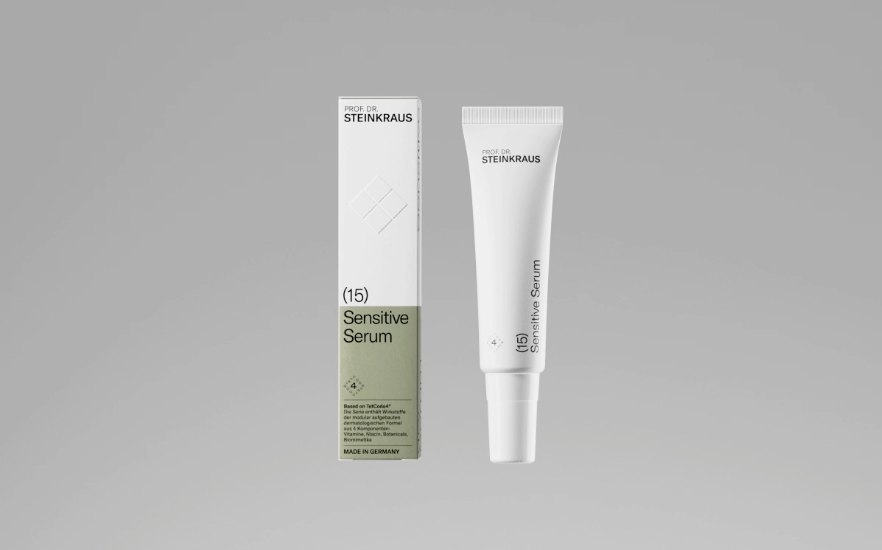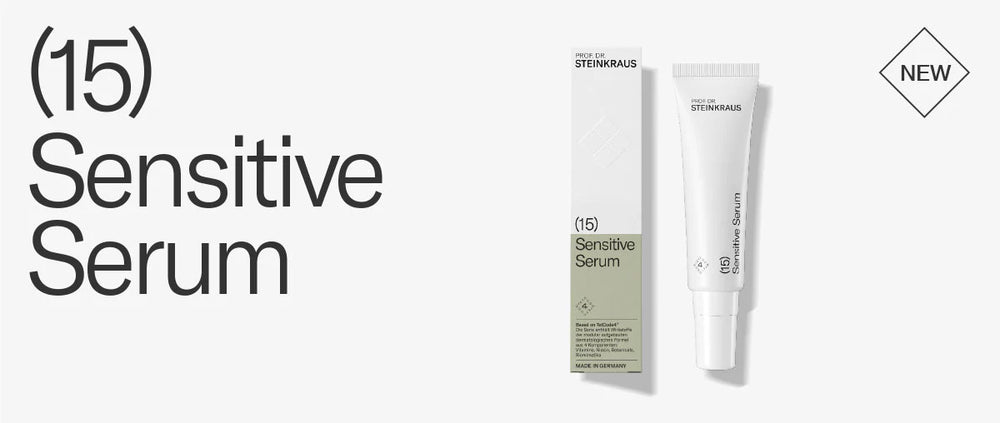

There is a particularly sensitive or even hypersensitive skin that immediately reacts to many external and internal influences with redness, burning, heat, irritation, or even discomfort. This skin type is not clearly defined scientifically. What is certain is that this skin type does not tolerate many cleansing products, creams, ointments, lotions, or serums.
Interestingly, the stimuli that lead to the described symptoms can also be physical in nature (e.g., sun, heat, cold, wind, friction, contact with water). However, it is usually an intolerance to externally applied products. Occasionally, foods (e.g., citrus fruits) or food additives (e.g., spices, flavor enhancers, or preservatives such as sulfites or benzoates) can also be among the triggering factors.
The main characteristic of sensitive or delicate skin is that it is extremely easily irritated. The substances that trigger these skin irritations act as irritants. Unlike allergies, which are mediated immunologically, e.g., by white blood cells (lymphocytes) after a sensitization phase, irritations cannot be attributed to a classic mechanism of action. They are therefore a non-descript intolerance or intolerance. Irritants, like allergens, can also exhibit a crescendo-like nature of skin changes, meaning they become increasingly severe and unpleasant over time.
It is difficult for the sensitive
or hypersensitive skin type
to find the right care product.
Often, even a slight imbalance between a product's watery and oily ingredients is enough to irritate the skin. Sensitive skin must therefore be "wrapped in cotton wool," and the selection of ingredients must be extremely careful. Conventional emulsifiers, high-fat vegetable oils, certain preservatives, and fragrances should be avoided whenever possible.
Sensitive skin generally needs particularly light care with ingredients that have a soothing, anti-inflammatory, barrier-stabilizing, and slightly cooling effect.
